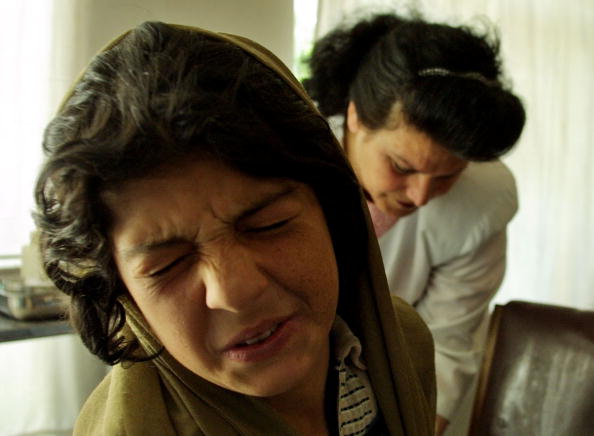
They say that you are not living if you cannot feel pain, but a 39-year-old woman is. In fact, she's one of the few people around the world who have a rare genetic mutation that blocks pain.
That was before. Through an experiment conducted by a team of UK researchers, she has finally felt what pain is like and the discovery may help thousands who are always in a dire state.
Researchers from University College London, together with Wellcome Trust, believed they have found the reason for chronic and debilitating pain by studying the genetic mutation. Previous mice models have shown that these people don't have Nav1.7, a kind of channel that helps deliver the pain signals to and from the brain. Based on this, researchers have created blockers to very little positive effect.
So the UK team took the research further and learned there's one more thing that makes the non-pain-feeling people similar: they have high levels of naturally produced opioid peptides. In a chemical setting, opioid-based medications are classified as narcotics, and they are prescribed only when pain is already severe. They work by binding themselves on opioid receptors that are found all over the body including the spinal cord and the brain, significantly reducing the pain messages.
To confirm what they learned, the researchers provided an opioid blocker called naloxone to the mice, and they developed pain. But the biggest eureka was when the 39-year-old woman felt it for the first time after taking the same medication.
Pain can be debilitating for chronic sufferers. According to the data from American Academy of Pain Medicine, chronic pain is a disability that forces 20% of the sufferers to leave work and 13% to seek assistance to increase mobility.
The researchers have already filed a patent that hopes to give these sufferers a combination of Nav1.7 and opioid blockers, albeit in low dose to decrease side effects and possible addiction.
The study is now published in Nature Communications.
